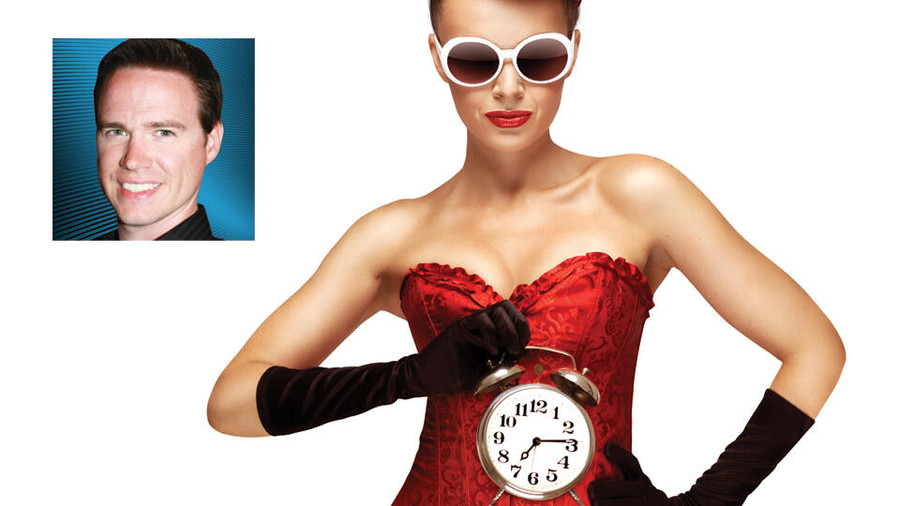We develop habits all the time, repeating behaviors that reward us in some way: things like making to-do lists, multi-tasking, procrastinating when you know you have a looming deadline and wearing a condom.
Speaking of condoms, according to market research that has appeared in The New York Times and Forbes, women buy 40% of condoms — which is probably a lot more than you thought. Yet condom marketing focuses almost entirely on men. See, we often believe things that aren’t true, like “Only men buy condoms,” and even acquire habits over time based on false beliefs. Even though some habits are fundamentally counterproductive, they can still become cultural, permeating a nation’s psyche and spreading across borders.
I’m definitely included. I worked 16-hour days for many years, as part of the culture of entrepreneurs who tout the many hours they sacrifice for the sake of success.
One of these trends is the 40-hour workweek. There are whole economies based on the 40-hour workweek. Even though human beings are most productive with fewer work hours, even though data from the last decade across most wealthy European countries have repeatedly shown that productivity drops due to too much overtime, and even though the rewards of working less are obvious — more sleep, more time with family, more energy for sex, more time to do whatever the heck you want — we still keep working longer and longer days. The cultural belief that more work means more success has caused the 9-to- 5 myth to be truly resilient.
I’m definitely included. I worked 16-hour days for many years, as part of the culture of entrepreneurs who tout the many hours they sacrifice for the sake of success. The core belief is that “hard work pays off.” While this is certainly true, it is also true that the ultimate goal is not just to work hard, but to work better. To be more effective. Being effective will out-perform all of the life hacks, productivity tools, longer days and ever-growing “busy” hours — and a growing collection of international studies proves that you’ll work better, and be more effective, with shorter workdays.
Heavy 16-hour workdays like mine were far more common until government regulation in the U.S. and Canada cut the maximum workweek to 40 hours. Yet 40 hours ended up becoming a baseline rather than an effective limit — and look at the results. Coffee and caffeine are multibillion-dollar industries that exist because we insist on pushing ourselves beyond our innate physical limits, and withdrawal keeps us drinking the stuff daily.
In 2018, a study in New Zealand had workers reduce their work hours from 37.8 to 30 per week. The results were improvements in productivity and worker engagement; the workers accomplished the same amount of work in less time. A similar study in Sweden duplicated the results with a six-hour workday. More recently, a similar study from Iceland, which encompassed over 2,500 workers across multiple industries, found dramatic increases in worker productivity and improvements in well-being over five years. Participants experienced the best results when they were given the flexibility to complete tasks and choose how to distribute their time across the week. Some participants would take a whole day off, while others decided to work fewer hours daily. As a result, in Iceland, over 86% of the working population has been offered shorter work hours.
I used to overwork myself because I wanted to make sure things got “done right,” but I have learned that you’ll never be effective enough on your own; you need an excellent team to help you. You can’t and shouldn’t do everything yourself. You should hire experts as often as you can so you can focus on the things you actually know best.
Often, the world is not the way we think it is. For example, MythBusters has proven that driving without sleep is more dangerous than drinking and driving. Yet driving while tired is legal, while driving drunk will cause you to lose your license. Let’s stop basing our habits on assumptions that are actually wrong. Let’s stop driving tired! Less work means more happiness, so go ahead and sleep that extra hour. Your media buying, affiliate marketing and other adult business efforts will be better because of it.
Juicy Jay is the CEO and founder of the JuicyAds advertising network, as well as the founder of Broker.xxx, which helps people buy and sell adult websites and businesses. He also provides executive consulting, business strategy and marketing services at Consulting.xxx.








